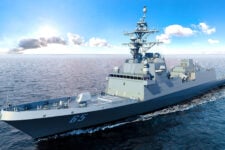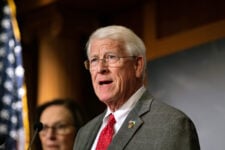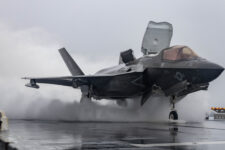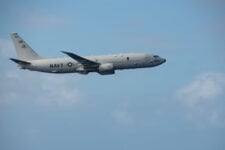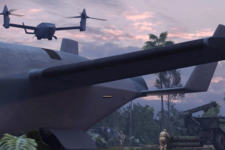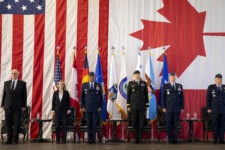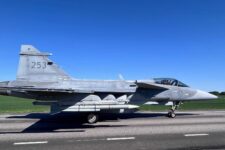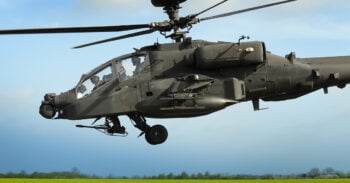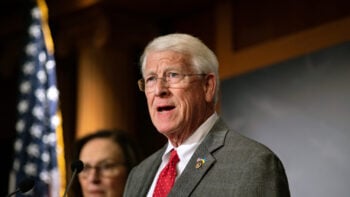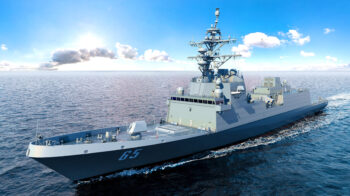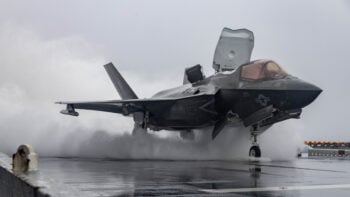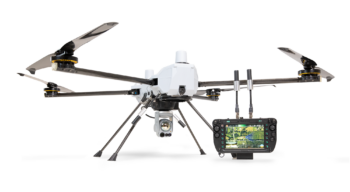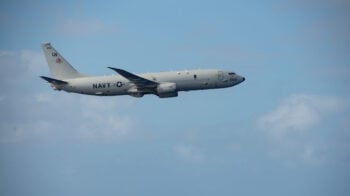 WASHINGTON: The Pentagon is pushing hard to get weapons technologies into the hands of U.S. allies and a new advisory panel will help the department do just that.
WASHINGTON: The Pentagon is pushing hard to get weapons technologies into the hands of U.S. allies and a new advisory panel will help the department do just that.
The new Technology Security and Foreign Disclosure Office created by Deputy Defense Secretary Ash Carter will help “ensure DoD-wide planning for building partner capacity [by] taking into account these processes early in the planning process in an integrated, standardized, and institutionalized manner,” he wrote in a Jan. 9 memo. The panel will help DoD “assess potential benefits of building allied and friendly nation partner capability efforts [and] advance our political and military objectives,” according to the memo. At the same time, the panel’s actions will maintain “U.S. operational and technological advantages and [protect] critical technology from diversion to potential adversaries,” it adds.
The panel’s creation is one part of an overall effort to strengthen ties between Washington and her allies across the world. With the Pentagon set to take a big budget it over the next decade, American forces will be more dependent on partner nations’ capabilities. One way to do that is to make sure our allies have access to the same weapons tech and hardware the U.S. military does.
“If we keep along the current path [partner nations] will be less capable five years from now, leaving the U.S. with the choice go it alone or don’t get involved,” defense analyst and former Pentagon international programs official Frank Cevasco told Breaking Defense last month. he said. “There is a substantial risk associated with the U.S. proceeding along a path by itself. The far better approach is to proceed forward as best as we can and encourage our allies to leverage what the US has already developed.”
In August, the Obama administration unveiled a new export reform strategy that is designed to double military and commercial exports over the next five years. The strategy includes reducing the list of what sensitive military hardware cannot be sent overseas. The plan will also outline new parameters for information technology systems. Finally, all military and commercial exports will be overseen by a single licensing agency and export enforcement coordination center, according to the White House. Along with White House and DoD efforts, the services are already making efforts to move in that direction.
The Navy is making the case that its next-generation warship, the Littoral Combat Ship, is the perfect vehicle to increase allied cooperation.The Army is standing up a slew of new brigade combat teams to help train foreign militaries. The Air Force is working to expand the number of military cooperation agreements it has with countries around the world.
5% GDP: Top SASC Republican pitches dramatic jump in defense spending, $55B more in FY25
Sen. Roger Wicker, the ranking Republican on the Senate Armed Services Committee said the plan, which makes significant investments to increase munitions stockpiles and production of key defense tech, would “enable the United States to fix our failing defense infrastructure, field a new generation of equipment, and maintain American technological leadership.”

